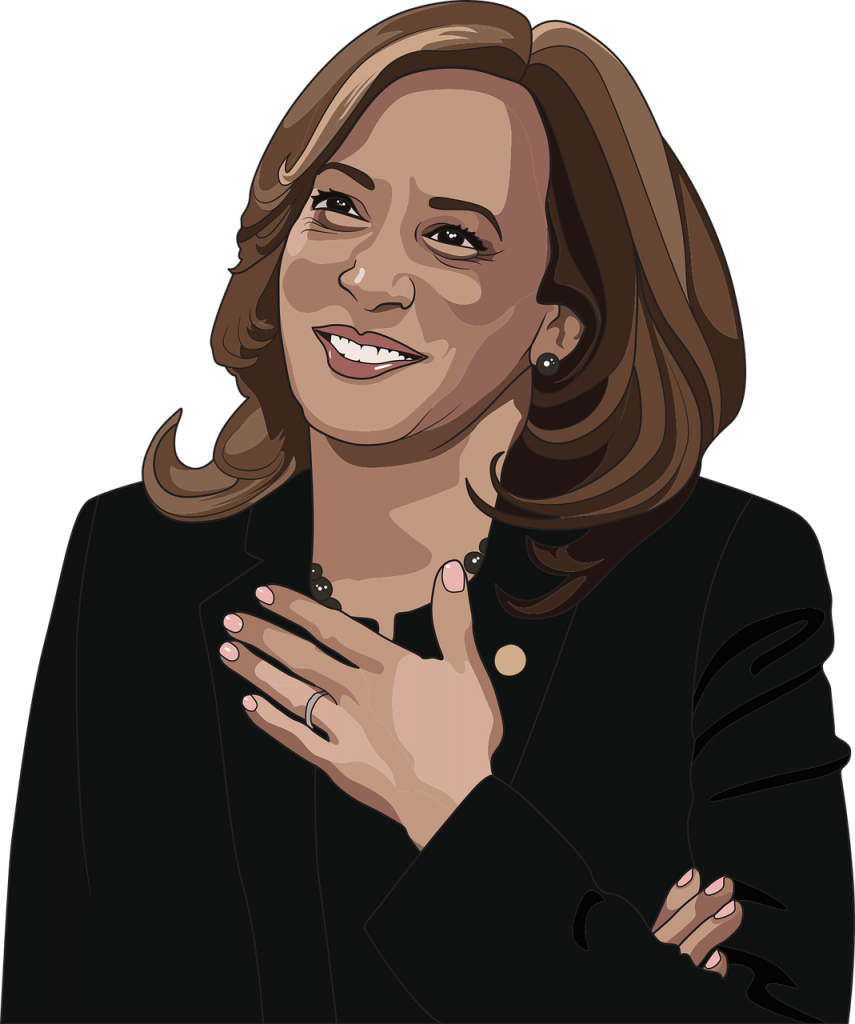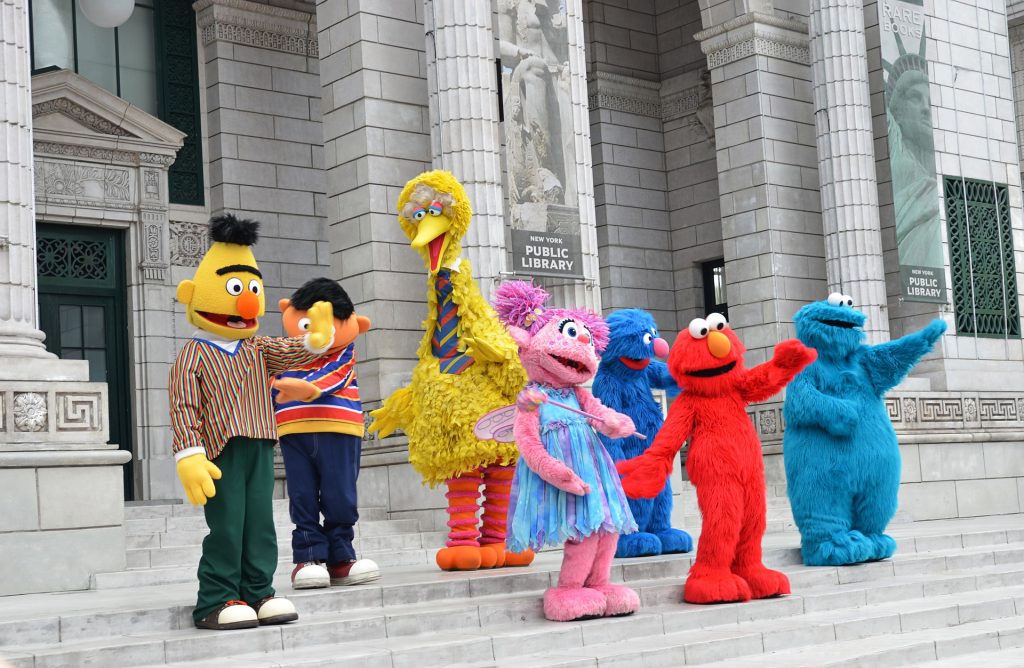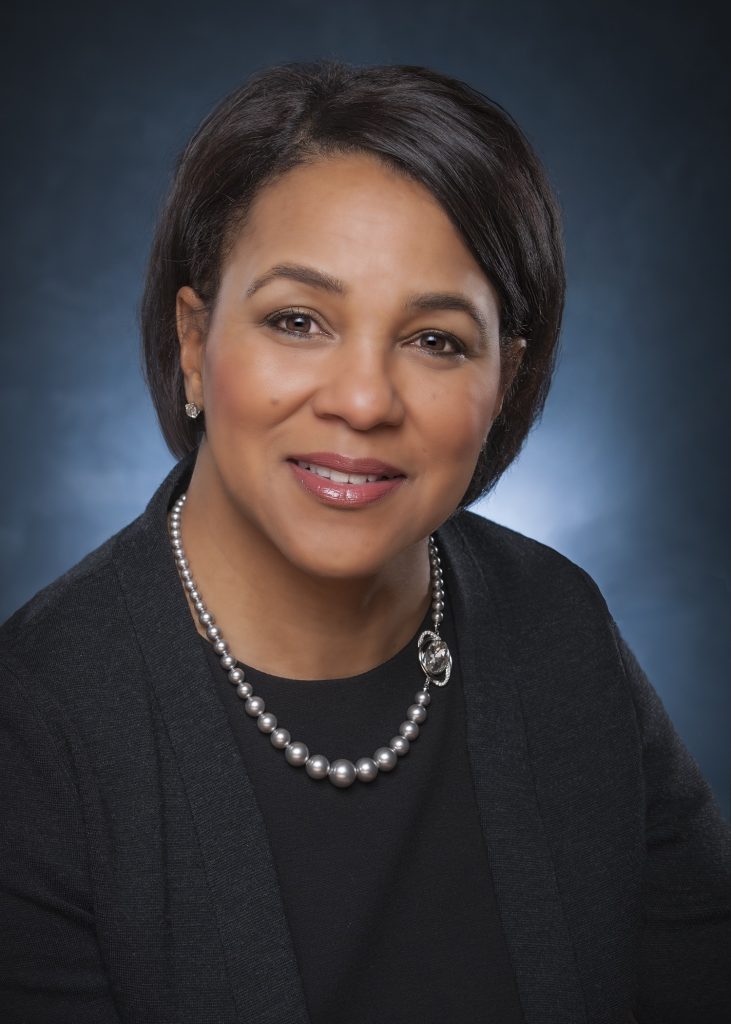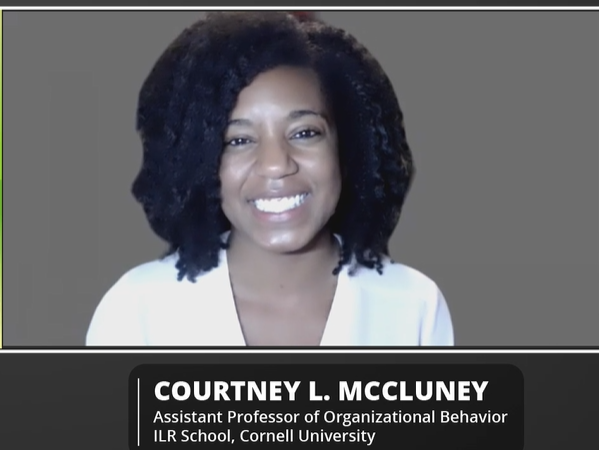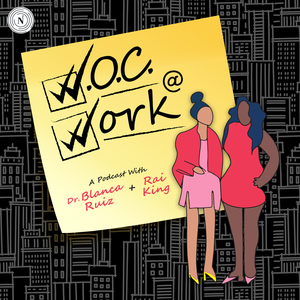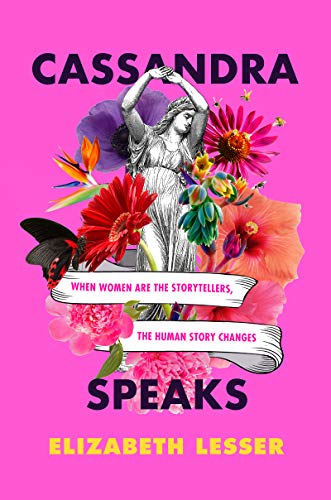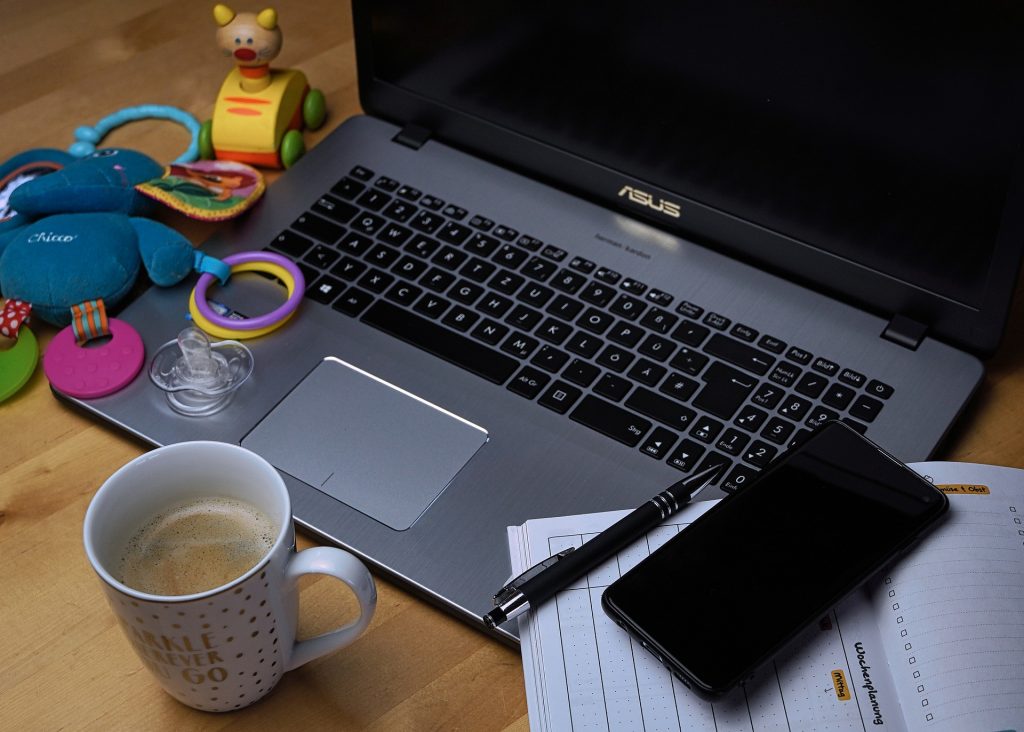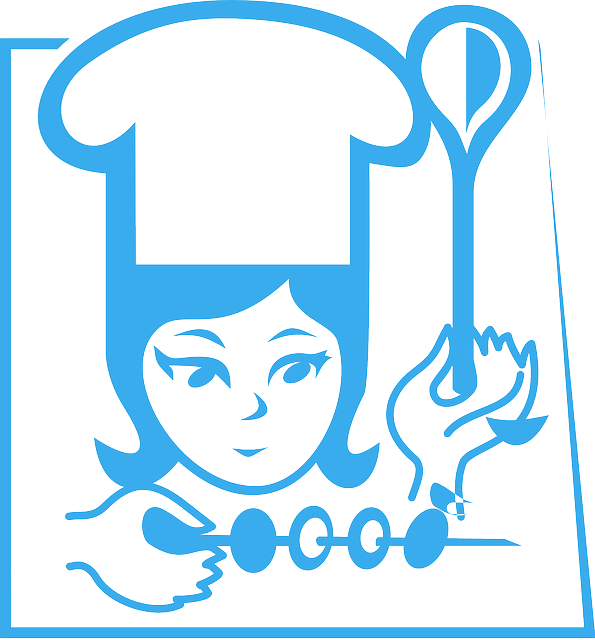Growing research has found that COVID is having a disproportionate impact on women. Given the demands of modified work environments, hybrid/virtual schooling models, health concerns for self and family, as well as socioeconomic impact on employment and small businesses, it is not surprising that there would be an impact – though the numbers that are being shared are daunting.
According to this NPR piece, in September 2020, 865,000 women left the U.S. workforce – which was four times more than the number of men who left. The piece goes on to share that “the pandemic’s female exodus has decidedly turned back the clock by at least a generation, with the share of women in the workforce down to levels not seen since 1988.”
Another impact that the pandemic is having is inequality in workplace promotions. This recent piece in Forbes highlighted an August study which found that “men have been promoted three times more than women during the pandemic.”
Clearly, the pandemic is teaching us that “traditional” 9-to-5 structures don’t serve all workers equally and that there is a need for a more reliable home support structure if we are ever going to fully realize the advantage of having all willing workers active in our labor market.
